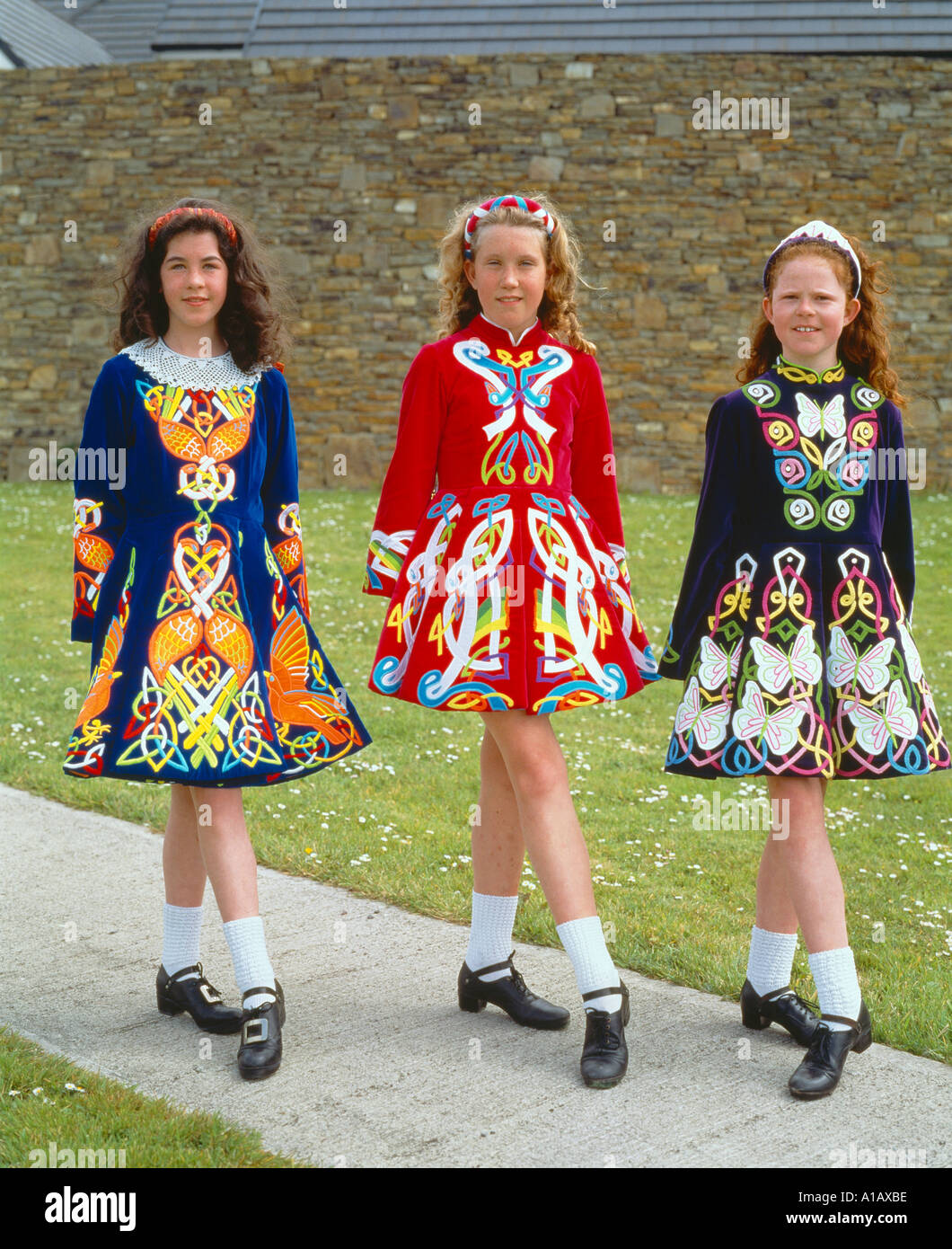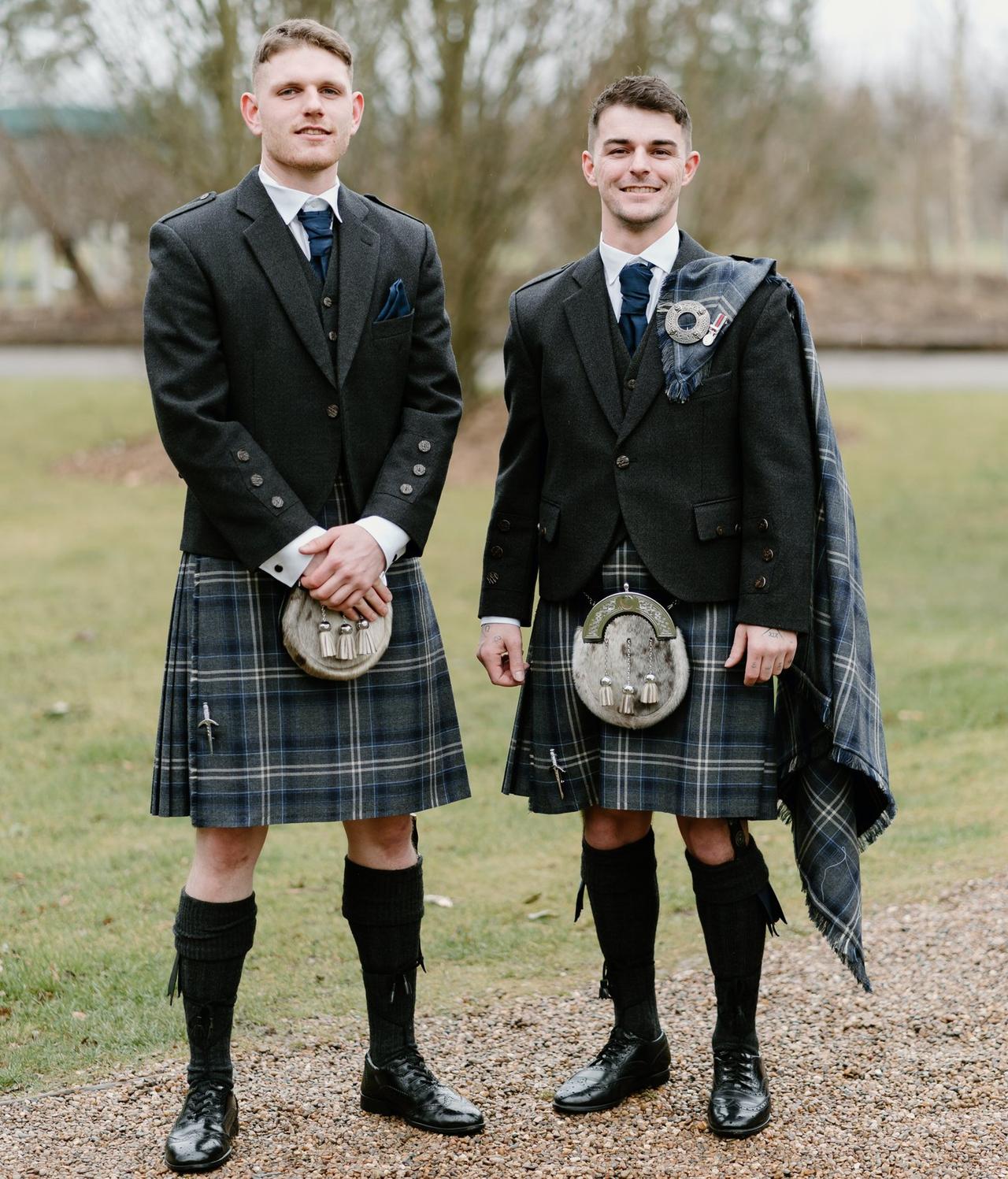Discovering The Soulful Sounds Of Irish Bands Traditional
When you think about the heart of Ireland, one of the first things that often comes to mind is its incredible music. This isn't just any music; it's the kind that tells stories, shares laughter, and sometimes, too it's almost, brings a tear to your eye. The vibrant sounds of traditional Irish bands truly capture the spirit of a people with a deep connection to their past and a lively way of living today.
The people of Ireland, and those of Irish heritage around the world, hold onto a unique cultural identity. This identity, you know, includes a special language, amazing dance forms, and, as a matter of fact, a rich musical tradition that has been passed down through generations. It’s a culture that's very much alive, no matter where Irish folks settle.
This enduring love for their heritage means thousands take part in musical gatherings, dance events, and storytelling sessions across the country. These aren't just performances; they are, in a way, celebrations of a shared history and a way to keep ancient roots strong. So, let's explore what makes traditional Irish bands so special and why their music continues to resonate with so many.
Table of Contents
- The Heartbeat of Irish Culture
- What Makes Traditional Irish Music Unique?
- The Instruments That Sing Ireland's Story
- Bands Keeping the Flame Lit
- The Enduring Influence of Irish Tunes
- How Traditional Bands Nurture Community
- Frequently Asked Questions
The Heartbeat of Irish Culture
Irish culture is something truly special, honestly. It's varied, full of life, and really, really tied into the island's long history. This rich heritage includes everything from old myths and the Irish language itself to, of course, the traditional music we're talking about, plus art, literature, dance, and even the food. It’s all shaped over centuries, a bit like a beautiful tapestry.
This cultural richness acts as a symbol of continuity, a clear link back to ancient times. It shows a people's ability to face tough times with a lot of strength and, basically, a positive outlook. The Irish, as an ethnic group and nation, are native to the island of Ireland, sharing a common background, history, and, you know, a very distinct culture. Humans have lived in Ireland for a very long time, and this music reflects that journey.
Wherever they live, Irish people maintain a vibrant, lively folk culture. This is seen in the thousands who participate in amateur musical, dance, and storytelling events throughout the country. It's not just about listening; it's about joining in, which, in a way, keeps the tradition breathing. You can learn more about Ireland's rich heritage on our site, too.
What Makes Traditional Irish Music Unique?
So, what sets traditional Irish music apart? It's often characterized by its lively rhythms, its strong melodies, and, typically, its ability to evoke strong feelings. This music, you know, can be incredibly joyful, making you want to tap your feet, or it can be deeply moving, telling tales of struggle and endurance. It’s quite dynamic, really.
The style often involves a lot of ornamentation, where musicians add little flourishes and extra notes to the melody. This makes each performance, in some respects, unique, even when playing the same tune. It's a spontaneous and, often, a very communal way of making music, rather than something strictly written down and followed exactly.
This kind of music is, apparently, a direct expression of the indigenous culture that exists alongside mainstream Western culture. It's a powerful reminder of how unique customs, language, and, you know, musical forms are cherished. It's more or less a living, breathing part of their identity.
The Instruments That Sing Ireland's Story
The distinct sound of traditional Irish bands comes from a particular set of instruments, each with its own voice. You'll often hear the fiddle, which, basically, carries the melody with a clear, bright tone. Then there's the tin whistle, a simple but expressive instrument that adds a high, piercing quality to the tunes. These are, just a little, the backbone of many a session.
The Uilleann pipes, a unique form of bagpipes, offer a truly haunting and complex sound, providing both melody and harmony. The bodhrán, a frame drum, provides the rhythmic pulse, giving the music its driving beat. It's, as a matter of fact, quite something to hear them all together.
Other instruments that you might find include the banjo, mandolin, and the guitar, which often provide accompaniment. The harp, too it's almost, holds a very special place in Irish history and mythology, though it's less common in fast-paced session playing. Each instrument, in a way, contributes to the rich texture of the sound.
Bands Keeping the Flame Lit
While "My text" doesn't name specific bands, it speaks volumes about the spirit of Irish traditional music through the thousands who participate in amateur musical events. These gatherings are where, you know, many of the best traditional Irish bands, whether professional or local, really hone their craft and share their passion. It's a constant cycle of learning and sharing.
These groups, whether they are small ensembles playing in a local pub or larger, touring acts, play a vital role. They are the ones who, in fact, ensure that the melodies, the rhythms, and the stories embedded in the music continue to be heard. Their performances are, apparently, a direct link to the island’s ancient roots, bringing history to life with every note.
The collective energy of these musicians, from seasoned veterans to young learners, creates a powerful sense of cultural continuity. It's through their dedication that this unique aspect of Irish identity, you know, stays strong and vibrant. They embody the fortitude and positive spirit that the Irish are known for, facing challenges with music as their comfort.
The Enduring Influence of Irish Tunes
It's fascinating to consider how much Irish culture has, arguably, influenced other cultures, especially in areas like literature. But this influence extends very much into the world of music, too. The distinctive sounds and structures of traditional Irish music have, in fact, inspired musicians across many different genres and parts of the world.
You can hear echoes of Irish jigs and reels in country music, folk music from other lands, and even, sometimes, in popular rock songs. This is a clear sign of its universal appeal and its ability to connect with people far beyond the island's shores. It's, basically, a testament to the power of a strong indigenous culture to reach out and touch others.
This cultural exchange isn't just one way; it's a dynamic process. Yet, the core essence of traditional Irish music, with its unique customs and expressions, remains distinct. It's a powerful example of how a deeply rooted heritage can, in some respects, maintain its character while still contributing to a wider global artistic landscape.
How Traditional Bands Nurture Community
The existence of traditional Irish bands is not just about entertainment; it’s, honestly, about building and nurturing community. The "thousands participate in the country's numerous amateur musical, dance, and storytelling events" highlight this perfectly. These events are where people come together, share skills, and, you know, simply enjoy each other's company.
These gatherings, often called "sessions," are, in a way, informal yet structured spaces where musicians play tunes together, sometimes for hours. There's a real sense of shared experience, and it's where new generations learn from older ones, ensuring the music lives on. It's, basically, a very social activity, more than just a performance.
Whether it's an Irish symbol such as the shillelagh, the shamrock, and the Book of Kells, or an Irish craft like Aran Isle knitting, these cultural elements, just like the music, are about shared identity. Traditional bands, therefore, serve as a living, breathing connection to these symbols and crafts, embodying the collective memory and spirit of the Irish people. You can find out more by visiting ireland.ie, which, you know, explores Ireland's creative culture.
Frequently Asked Questions
What instruments are used in traditional Irish music?
Traditional Irish music often features instruments like the fiddle, tin whistle, Uilleann pipes, and the bodhrán. Other instruments you might hear, you know, include the banjo, mandolin, and guitar, which typically provide a bit of accompaniment. Each instrument adds its own special sound to the overall feel of the music.
Who are some well-known traditional Irish bands?
While "My text" doesn't list specific band names, the essence of well-known traditional Irish bands comes from their role in keeping the vibrant folk culture alive. These groups, whether famous or local, are the ones who, in fact, play at the thousands of amateur musical, dance, and storytelling events. They embody the ongoing spirit of the music, you know, sharing it widely.
How has traditional Irish music influenced other genres?
Traditional Irish music has, arguably, had a significant impact on other cultures, especially in the field of literature, but also very much in music. Its melodies and rhythms have, apparently, found their way into various folk traditions around the world, country music, and even, sometimes, popular contemporary genres. It shows how a strong indigenous culture can, in a way, spread its influence globally.
Exploring the world of traditional Irish bands is, honestly, a wonderful way to connect with a culture that is deeply rooted in history and full of life. It’s a chance to experience the music, the stories, and the shared heritage that continues to thrive, whether on the island of Ireland or among Irish communities across the globe. So, why not take a moment to listen to some traditional Irish tunes today and, you know, feel the spirit?

Fast feet, curly wigs, and straight arms: Learn more about Irish dance

traditional irish dancers in colorful costumes Stock Photo: 3330749 - Alamy

Irish Culture Clothing